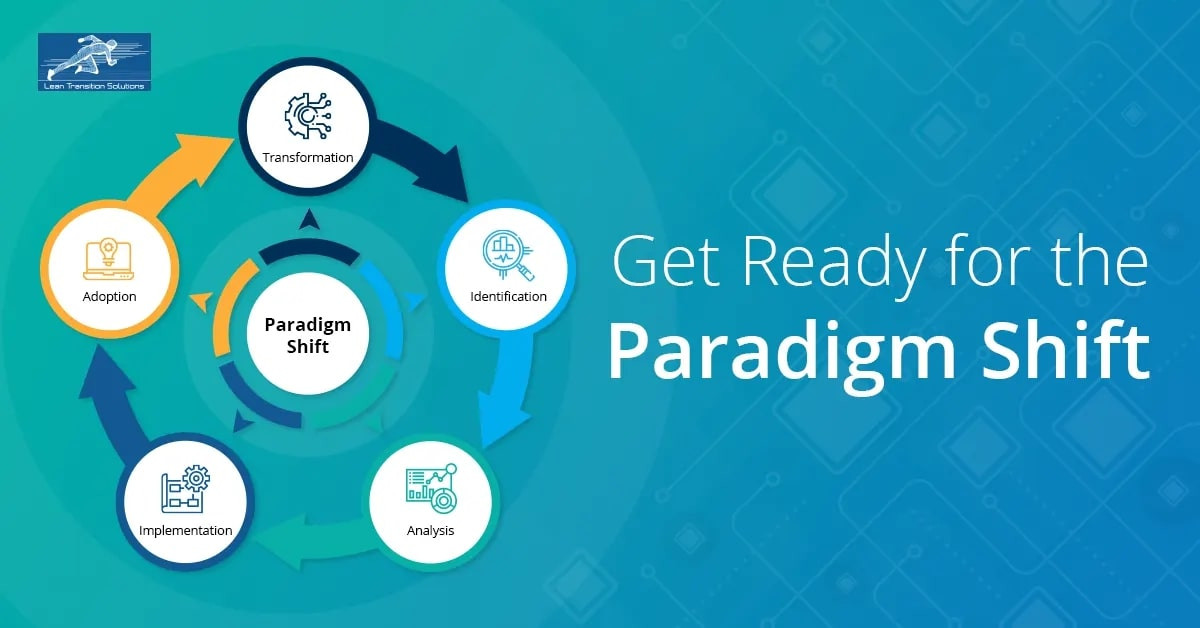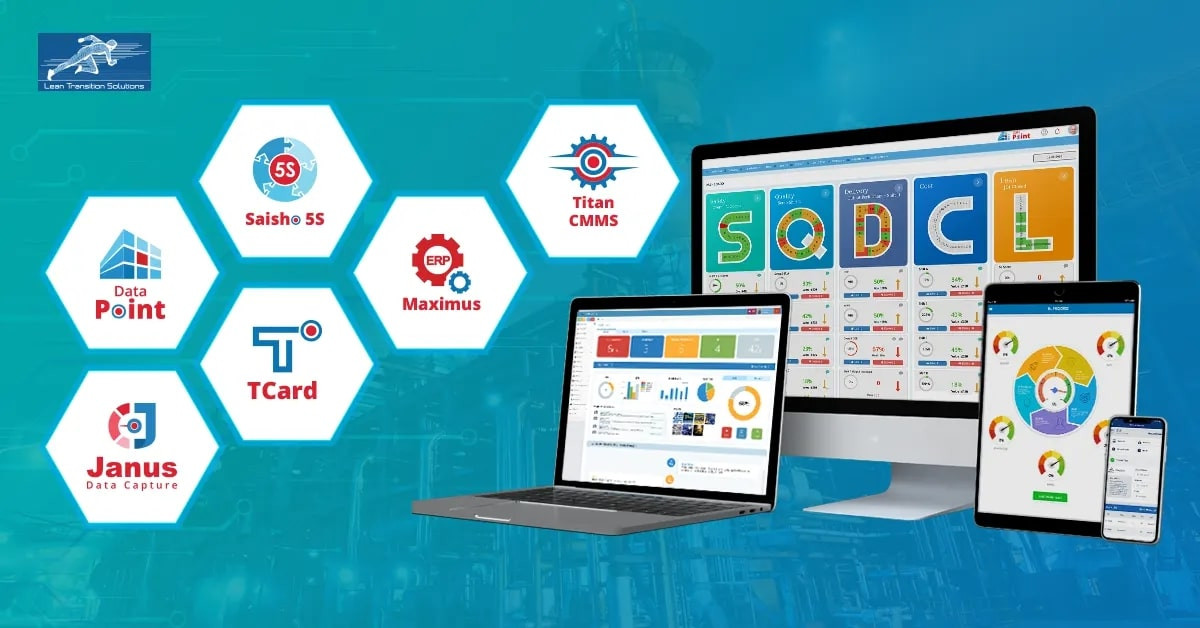What is Industry 4.0?
Industry 4.0 represents the fourth industrial revolution, the current trend of automation and data exchange in manufacturing technologies. Industry 4.0 bridges the physical and digital world through cyber-physical systems, enabled by Industrial IoT. Nine foundational technologies power the fourth wave of technological advancement in manufacturing: additive manufacturing, advanced robotics, augmented reality, big data and analytics, cloud computing, cybersecurity, horizontal and vertical system integration, the industrial internet, and simulation. It's all about the merging of physical and digital worlds to gain data insights, resulting in improved efficiency.
Industry 4.0 is still evolving, and organisations are adopting the technologies realising their full potential. Industry 4.0 technologies aim at transforming industries into smart and smarter factories. While many organisations still deny how Industry 4.0 could impact their business, several others are implementing changes and are preparing for a future where smart machines improve their business processes. As we advance steadily towards Industry 4.0, manufacturers have started to embrace and adopt the new changes. The idea of the smart factory of the future is quickly becoming a reality.
How to start with Industry 4.0?
Rome wasn’t built in a day! It takes time for factories to undergo a digital transformation and for the employees to adapt themselves to the changes. The main visible difference would be from traditional ways of work to more of an automated one. There are a few steps needed to transform into a more digitised environment successfully.
- Identifying the shortcomings of current processes
Manufacturers always look for ways to enhance productivity and efficiency. Plants and warehouses have targets to meet on an hourly, daily or weekly basis. Any unpredictable breakdown or downtime of a machine brings loss. As a first step, the organisations should analyse, evaluate and document their needs or the areas for improvement. Look for vendors who have a track record of successful implementation, and see ways in which they can ease your digital transformation. Make sure they offer consistent and reliable support, help reduce risk and assist in adopting technology that provides competitive advantages.

- Getting ready for the new shift
Adapting to new technologies or production strategies in the manufacturing industry can be difficult, but once done the whole process of manufacturing takes a shift. This shift results in increased production, greater operational management and improved preventive maintenance and much more. Employees need awareness of the advantages of new technology - to believe in technology; they are to assist and not replace the workforce and focus on ensuring to provide appropriate guidance to implement the technology and adapt the same in day to day activities.
3. Adoption Verification
Adoption is often the most challenging step – organisations must ensure that employees use the new solution to its full potential. Once they have gained confidence in the capabilities of the technology, they will embrace it. Adoption is often a stumbling block as it requires change, and quite a natural human instinct to resist change. The journey of Industry 4.0 driven smart factories starts from change. Changes are inevitable. Often it's the transition from traditional to more sophisticated and automated solutions that transform factories into smart factories. Organisations can analyse the data to ensure that technologies meet their expectations.
- Process Optimisation
Process optimisation is the point at which organisations identify whether the technology is performing well and find additional room for improvement. Quantified data assessment helps management to understand the variance and improve the processes accordingly. Pinpointing variances in the data allows organisations to take remedial measures, leading to optimisation of all processes. This leads to meaningful improvement at the bottom line. The ability to understand the variance and implement corrective actions is crucial in the journey towards Industry 4.0.
LTS solutions for Smart Factory and Industry4.0

LTS has a wide range of smart factory solutions that assist businesses to apply a "Bite-Size" approach to Industry 4.0 and smart manufacturing.
Janus Data Capture is an Automated Shop-Floor Data Capture System that accelerates business processes, reduces errors and improves outputs, delivering adequate cost savings. It ensures that the organisation reap the benefits of data capture without risking potential hazards. Using all types of sensors fitted to production equipment generating real-time data signals and transferred into easy to understand data and charts.
TITAN CMMS is a Computerised Maintenance Management System that enhances work order management, increases the life of equipment through scheduled preventive maintenance and generates custom reports. It enables the organisation to achieve Total Productive Maintenance (TPM) goals as well as Overall Equipment Efficiency (OEE).
T-Card is an integrated production planning and execution software which provides solutions for work order planning, employee scheduling and work order execution.
Maximus ERP System is a cloud-based unified platform (Business System), made specifically for small and medium businesses. It combines all data-driven processes into a single interface and improves business insights and efficiency.
Data Point is more than a dynamic Balanced Scorecard software. It enables organisations to monitor and manage key performance metrics (KPIs) and strategy implementation to achieve future strategic goals.
Industry 4.0 amidst COVID-19
Amidst COVID-19 digitisation across many industries are Executed at a fast pace. Many consider this as an opportunity to rethink their work practices. This pandemic outbreak accelerated various manufacturing industries to adopt Industry 4.0 practices. It leads to a more sophisticated approach to IoT (Internet of Things) technology and workflow. Companies that have already started or are more mature in Industry 4.0 find it easy to adapt to the current situation. Implementing the principles of the fourth Industrial revolution acts as a driving force to become a smarter organisation. Industry 4.0 amidst COVID-19 is a challenging time, and industries across the world are facing different kinds of challenges; therefore, it is time for industries to evolve into smarter factories and gain the benefits.
Futuristic Factories
Industry 4.0 may still be taking shape, but today's manufacturing innovators are already working within this new industrial revolution. The pandemic has made us realise that we need to have more sophisticated and automated systems for the industries to run smoothly, and indeed it leads us to the implementation of Dark factories. Establishing a fully automated factory, cease the worry or wait to begin front-line production. Incorporating lights off methodologies into floor plan saves cost, space and time. Research reveals that a fully automated factory can increase productivity even up to 250%, and the errors decreased by 80%. No doubt, within a period of five to ten years industries across the world will embrace a transformation to become smart factories and those who already run a smart factory will definitely convert to fully automated 'Dark Factories'.

